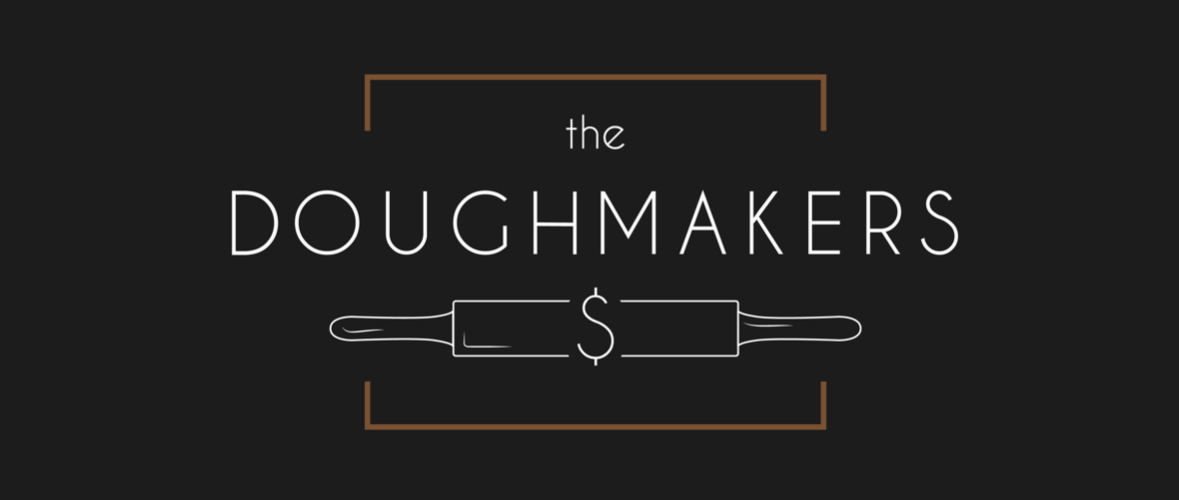
This past week we celebrated an important milestone in our lives: Our house, that we bought in 2013, is now over 50% paid. Mrs. Doughmaker and I have been faithfully paying extra to our mortgage for years despite many personal finance articles and blogs recommending investing over paying down mortgage debt. In this article I will outline why considering paying down a mortgage may be a good idea, depending on your situation.
Below I cover the arguments I’ve heard against paying down my mortgage and my response to each.
“You can deduct mortgage interest and save on your taxes“
When I hear this as a common reason not to pay down our mortgage debt, I become intrigued. This is something a lot of people said a few years ago. Due to changes in tax law from 2018 via the Tax Cuts and Jobs Act, standard deductions have now doubled, making deducting mortgage interest and filing itemized deductions much less prevalent. If you are filing with a standard deduction, this won’t be a reason to not pay your mortgage off early.
“When you send money to your mortgage company, you can’t get it back”
This is kind of true. If I send $5,000 to my mortgage company this week and need it 2 months from now, I won’t be able to request it back from them. At this point Mrs. Doughmaker and I have over 50% equity in our home. If we really needed those funds, we could refinance the home at current rates (which are low at the moment) and get access to those funds. Not a perfect scenario but they are “available” in a sense that they are accessible after paying closing costs and going through a refinance.
“But what if you have an emergency?”
That’s a great question. I tend to respond, are you using your retirement plan as your emergency fund? If so, a $50,000 withdrawal from a 401k would have an early withdrawal fee of 10% (if under age 59 1/2), and those funds would be added to your income for this year, causing a potential tax burden. One aspect of financial freedom is having funds available for emergencies. 401ks and assets invested for long term savings should never be used dually as an emergency fund. I plan to talk more about emergency funds in another post.
“You can make more money via compound interest in the stock market.”
This is the best argument, and historically I cannot argue with it. If the stock market gets an average of 6% annually and your mortgage rate is 3.5%, you are missing out on potential gains each time you pay down your mortgage. But as they say, “historical performance of indexes does not guarantee future returns.” So while 70 years of performance of the S&P (1950-2020) gives you an annualized rate of 7.7%, there have been long periods of time within those dates that have yielded less than stellar results. For example, 1960 to 1980 had an annualized return of 3.3%.
This last point above is something I get conflicted on myself the most, but then I remember, “We have long term goals in mind, and this is part of the strategy.” So lets talk about the pros to paying off your mortgage early.
Why pay off your mortgage early?
Paying off our mortgage is a guaranteed rate of return on our investment: Locked into a fixed mortgage rate today, Mrs. Doughmaker and I know we are saving just over 3.5% in interest for each additional principal payment applied to our balance.
A life without a mortgage is a long term goal of ours: Imagine for a moment you no longer have to pay for your housing costs each month, whether renting or paying a mortgage. That freedom of cashflow would enable us to have a lot more flexibility. When Mrs. Doughmaker and I paid off our student loans a few years ago, it was a major lift off of our monthly expenses and provided us with more freedoms. We want that piece of mind as soon as possible.
Eliminating Private Mortgage Insurance (PMI) early can be a significant savings: PMI is something I talk about frequently with my peers. Back when we still had PMI on our house, the amount of PMI was 13% of our monthly payment. On most standard loans, PMI insurance will be necessary if you were not able to place a 20% or higher downpayment on your original home purchase price. Once your mortgage balance is 80% of your home value, you can request PMI to be removed on most loans although there may be some fee associated with doing that. At 76%, most mortgages automatically remove the PMI.
Most importantly, it’s part of our overall investing strategy: When Mrs. Doughmaker and I look at our investing strategy, our risk tolerance is aggressive. As two 30-something workers, we still consider ourselves to have a pretty long time work horizon. Our asset allocation is probably in the 90/10 ratio of stocks/cash.
We consider paying down our mortgage part of this investing strategy. The guaranteed rate of return of our additional mortgage payments is a safe way for us to eliminate debt with 3+% interest rate, instead of sticking the funds into a savings account or opening up a low-yielding CD. When we review our monthly savings rate (which is an average of 37% of our gross income), the amount we apply for our mortgage today accounts for roughly 13% of the total dollars saved. When applying this method, if feels less like we are choosing to pay a mortgage or invest, and more like an overall diversification of our savings strategy.
Final Thoughts
Paying your mortgage down is not a one size fits all philosophy. It is something that has to be considered based on a particular set of circumstances. In an upcoming post I plan to discuss in more detail how to calculate one’s current savings rate, and why I consider it the most important number to know in all of personal finance.
